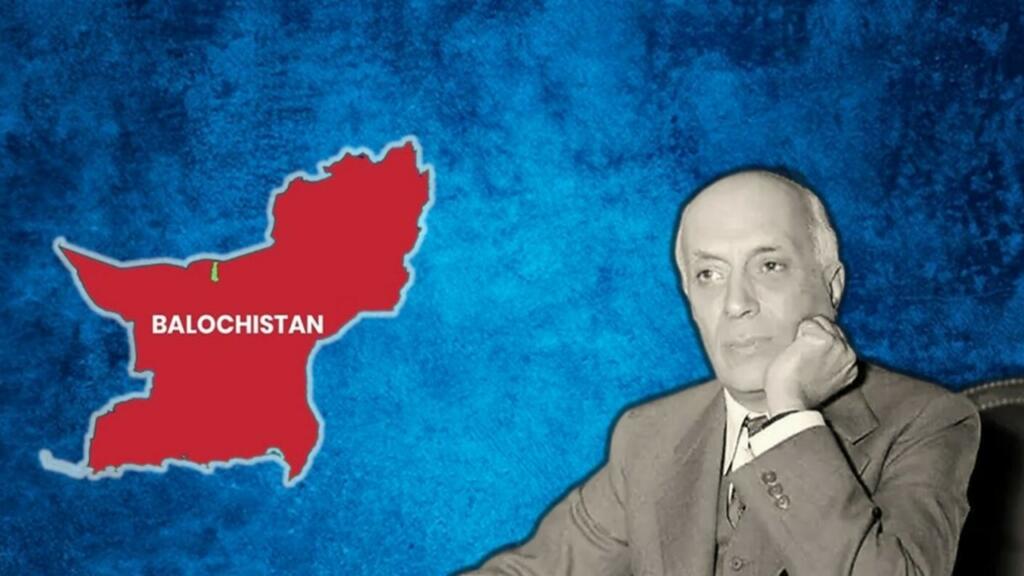Pakistan frequently attempts to provoke India on the issue of Kashmir, and its own house has been run on this premise for decades. However, there is one region in Pakistan where it wishes to establish control but has received no results: Balochistan. But what if we told you that Balochistan was once keen to be a part of India? In this piece, you will learn how Nehru flatly refused to make Balochistan a part of India.
Pakistan is another name for imperialism
The effect of British colonialism on India and Pakistan is undeniable, especially in the way it divided and shaped society. The partition of India in 1947 was a traumatic occurrence with long-term ramifications for the region. The appointment of Cyril Radcliffe to draw the boundary line between India and Pakistan, who had no prior understanding of Indian geography, only added to the chaos.
The aftermath of partition revealed Pakistan’s imperialistic tendencies, especially in how it treated East Pakistan (now Bangladesh) after independence. It is worth noting that the original concept of Pakistan was rooted in the Punjab region, and this has continued to influence Pakistan’s national policy to this day. However, it is also essential to recognise that Pakistan is a diverse country with numerous regions and ethnic groups, each with its own distinct history and perspective.
Read more: Know thy Enemy – Kashmir Files and the Mistakes of Nehru
How was the betrayal?
Balochistan’s relationship with Pakistan has a complicated and multifaceted past. While the Baloch have long felt a sense of cultural and political distinctness, their relationship with Pakistan has been characterised by a succession of conflicts and disputes. Many Baloch people think they were forcibly merged with Pakistan in 1948 and have since been marginalised politically and economically.
The Baloch issue has become a significant source of contention between the Baloch people and the Pakistani government over the years. While the Baloch nationalist movement has sought greater autonomy and control over the province’s resources, the government has sought to retain its authority and control over the region. The situation has been further complicated by the involvement of external actors, including India, who have been accused of supporting Baloch separatist movements.
Overall, the situation in Balochistan remains a complex and unresolved problem that necessitates a comprehensive and inclusive strategy to address all parties’ concerns and grievances.Khudadad Khan, also known as the Khan of Kalat, was the most important leader of Balochistan at the time. Kalat was a Balochistan province, and Khudadad was its ruler. Even during British rule, they had no power over Kalat. In 1876, the British and Balochistan signed a treaty that recognised Balochistan as an independent nation.
However, in 1946, Pandit Jawaharlal Nehru denied Khan’s claim to be the leader of an independent nation. Khan became a target in Pakistan’s eyes as a result, and he was ultimately arrested by the Pakistan Army during the Baloch protests in 1948. He was compelled to sign an agreement for Balochistan’s accession to Pakistan.
Read more: Nehru did everything to stop Hindus from Rebuilding Somnath Temple. But He Lost.
Nehru again missed a golden opportunity
This decision deeply disappointed Khan, who then offered to negotiate a treaty with Pakistan. However, Nehru later denied any involvement with the press conference and dismissed the news as false.
If Jawaharlal Nehru had chosen to include Balochistan in India, disregarding international perceptions, India could have strengthened its strategic position.
Support TFI:
Support us to strengthen the ‘Right’ ideology of cultural nationalism by purchasing the best quality garments from TFI-STORE.COM
